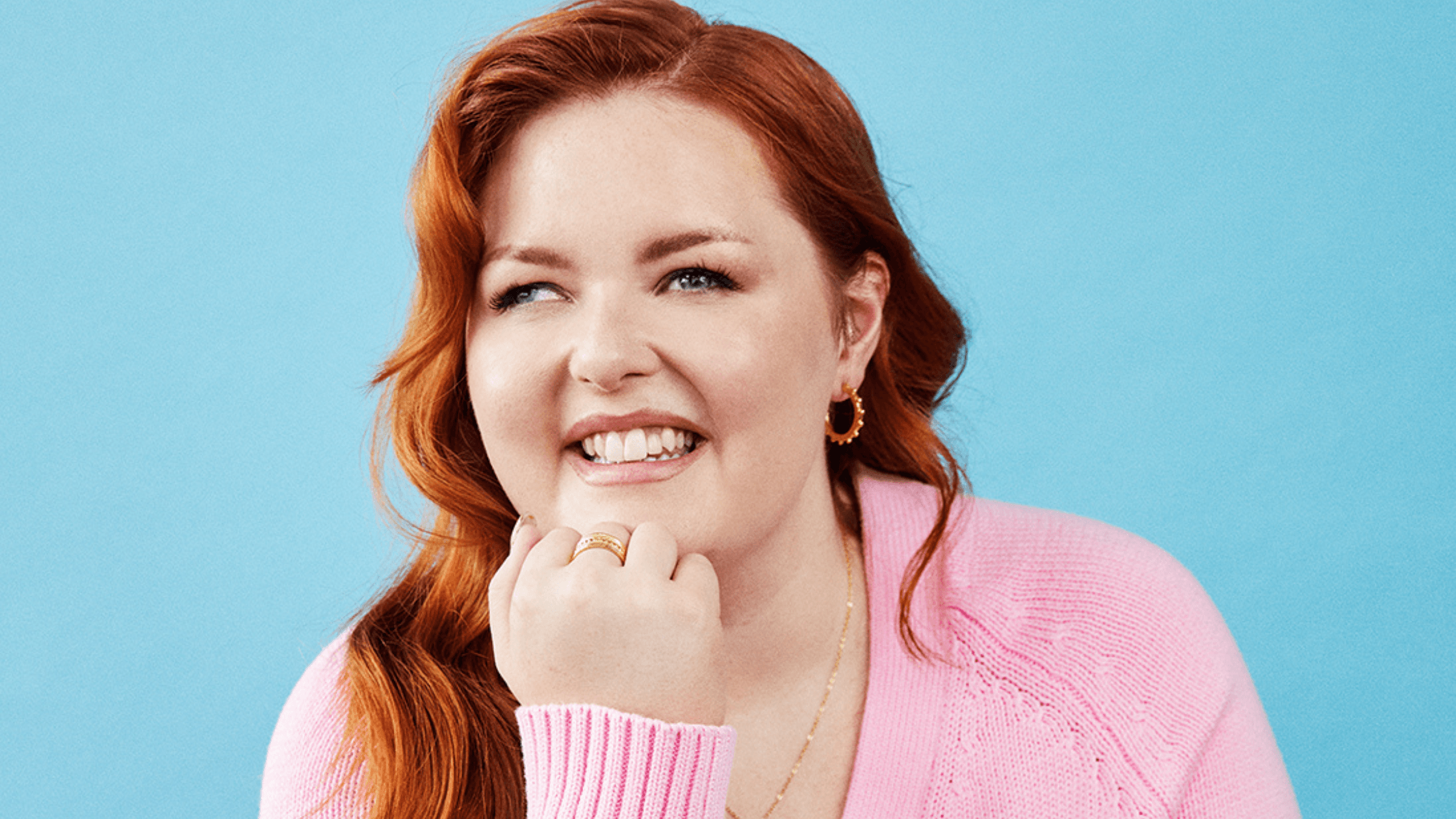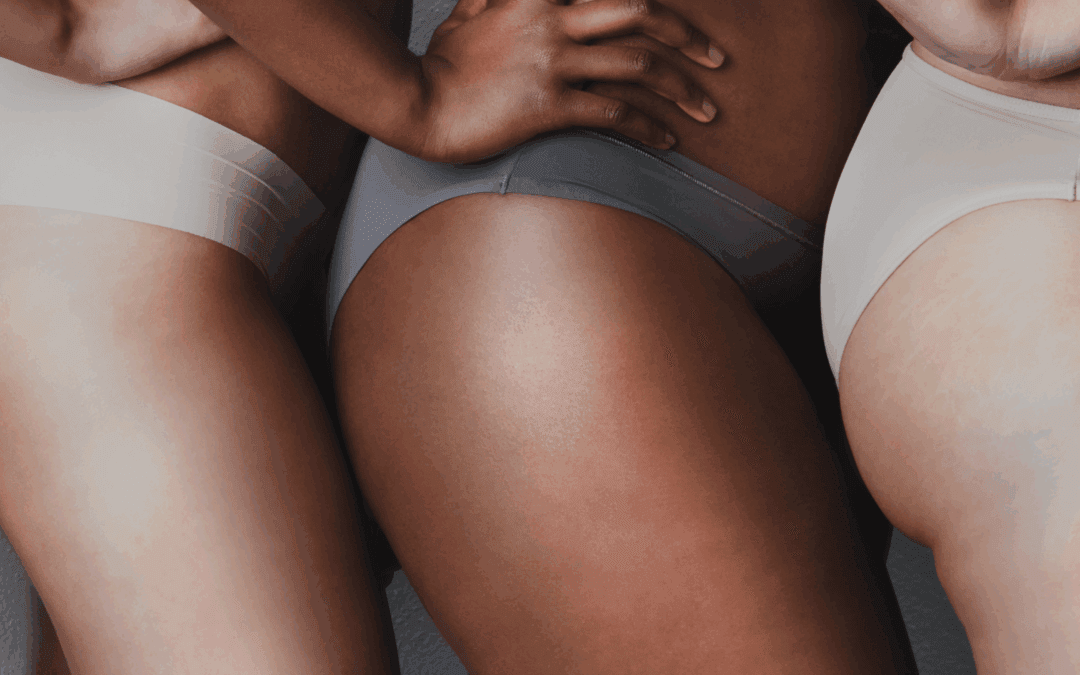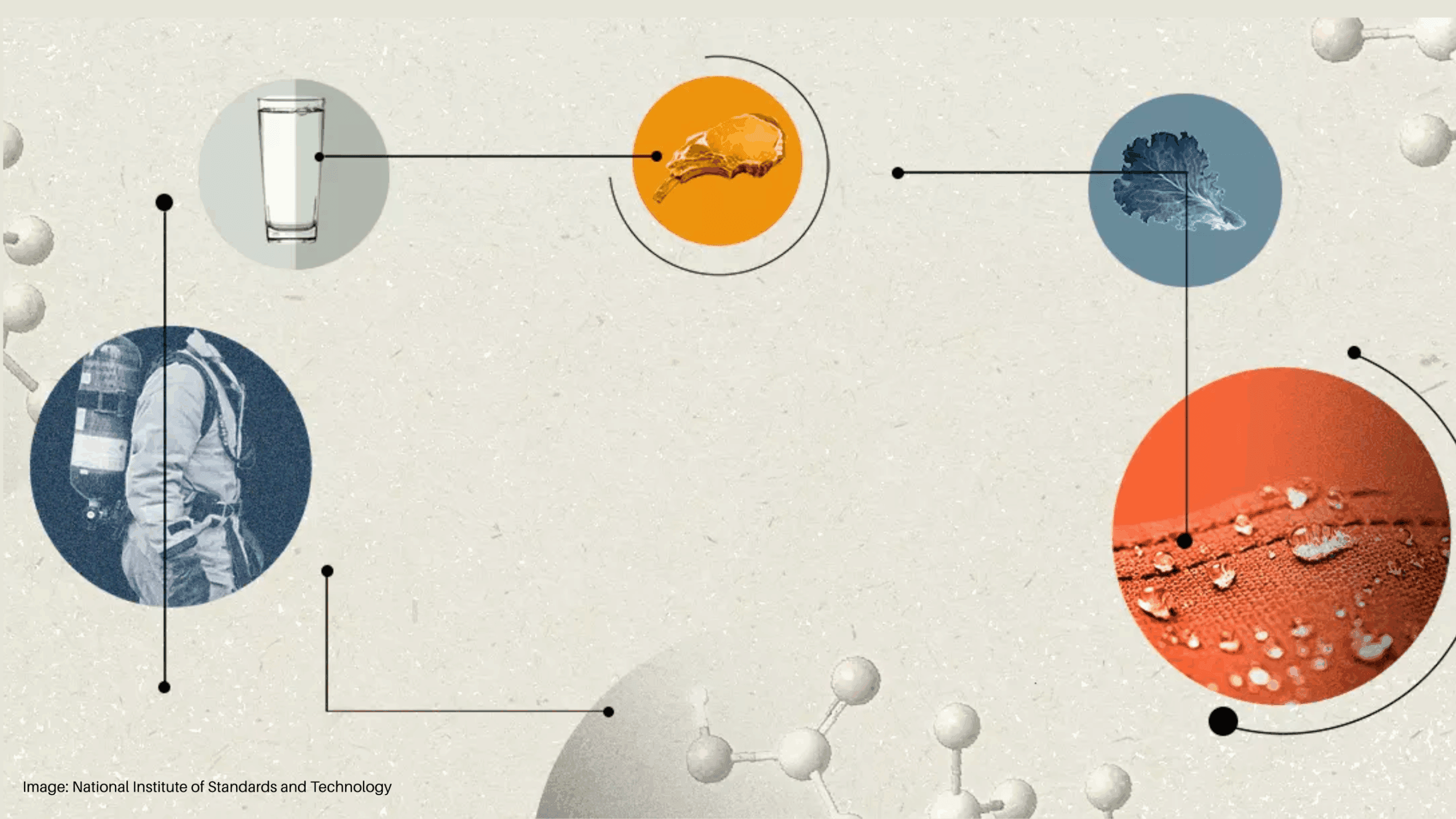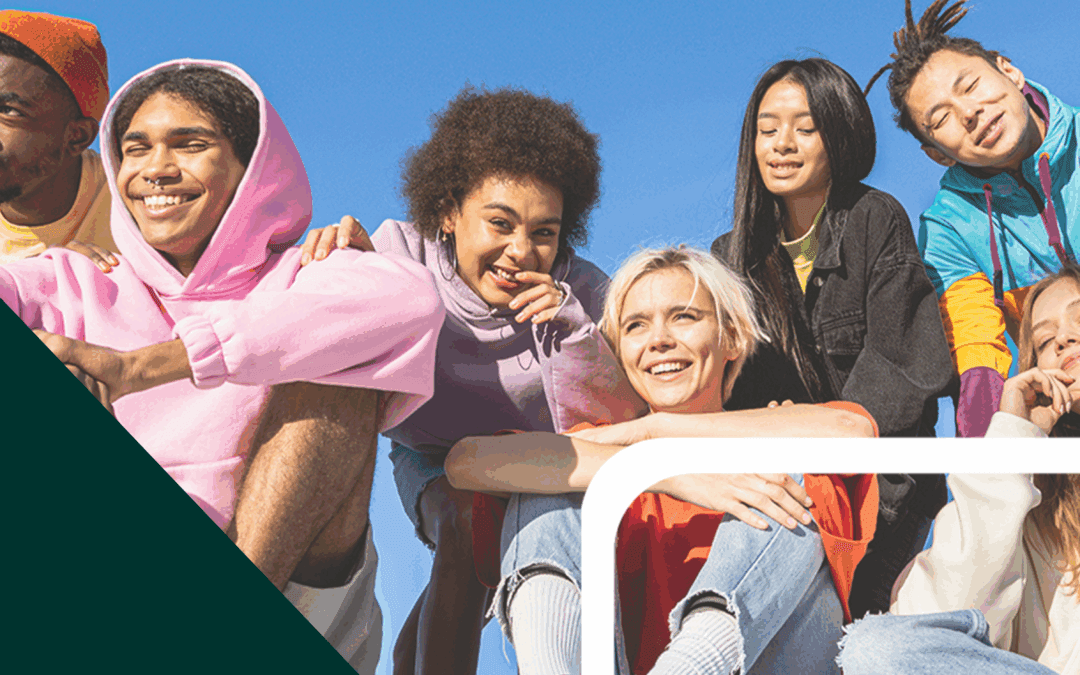Award-winning blind presenter, commentator, content creator and consultant, Lucy Edwards, has used beauty as her metaphorical soap box for increasing accessibility for those living with disabilities.
Here, she shares more about her journey from going viral on socials to walking catwalks and founding her own beauty brand
Covid-19 saw lots of people take to TikTok to tell their stories, sell their products and shout about things they care about. But, despite the noise, Lucy Edwards cut through.
‘[At that time], TikTok blew up and I was posting three times a day. “Blind Girl Does Her Own Make Up” amassed close to 20 million views. As a result, following a longterm connection with Sam Latif, the head of accessibility at Procter and Gamble, I eventually became the face of Pantene because of my social media presence.’
Soon, Edwards was using her platform to ignite change across the beauty and consumer goods sector to ensure it is accessible for those living with disabilities. She was, and still is, reaching millions ‘because people are fascinated that I’m a blind woman really interested in my appearance. They are interested in how I don’t need a mirror to do my makeup anymore.’
Thanks to this platform, Edwards is now making her mark on the beauty industry in numerous ways. From walking down runways for Sinéad O’Dwyer to showcase the importance of diversity to consulting brands to ensure their supply chains are fully accessible, her CV is limitless – and, she’s just about to launch her own brand.
Before we get to her entrepreneurial streak, Edwards tells me more about the importance of getting into beauty’s board rooms to make real change for the future of the sector.
‘I consult with brands behind the scenes all the time to push and implement universal design principles within every facet of their designs,’ she starts. Before sharing: ‘From conception, when they’re just chatting about products around their boardroom, are they implementing people to use with lived experience?’
One of the key things driving Edwards’ work is the economic influence of those living with disabilities. This too has been spotlighted in the British Beauty Council’s 2024 report ‘A Beauty Industry That Looks Like You’, which proves that increased accessibility and representation for those living with disabilities and visible differences is one of the key barriers to equity in the sector.
‘There’s 1.3 billion of us globally, the purple pound is massive,’ confirms Edwards. She points towards her imminent – and exciting – brand launch as a key driver for ‘closing the gap’. Etia, which is set to launch early next year, combines modular design, braille, NaviLens codes, and accessible tutorials. There’s no doubt it will become a guiding light for brands of the future when it comes to universal design product creation.
It’s not just formulation and packaging that needs to adapt for future generations though. ‘More consideration needs to be given to tokenism in adverts, we cannot just be represented in front of the camera,’ she shares. Also, ‘inviting us to events that are accessible, that have wheelchair ramps, with braille and NaviLens codes, is vital. We often attend events when this hasn’t been thought through.’
Lucy Edwards is dedicated to shaping an equitable future of beauty and will continue to harness social media to do so: ‘You can’t ignore us. We, as content creators, are our own producers, editors, videographers, and everything in between. We are producing our own content every day which could be seen by millions of individuals.’
Lucy’s one small change for increasing accessibility of beauty over night?
‘An audio description of someone’s skin tone when buying a foundation online would be ideal. Because this is lacking across industry, I still can’t shop independently as a blind woman in 2025. But, I definitely have hope!’
Read more about the British Beauty Council works to increase accessibility, equity and inclusion in the sector here.




